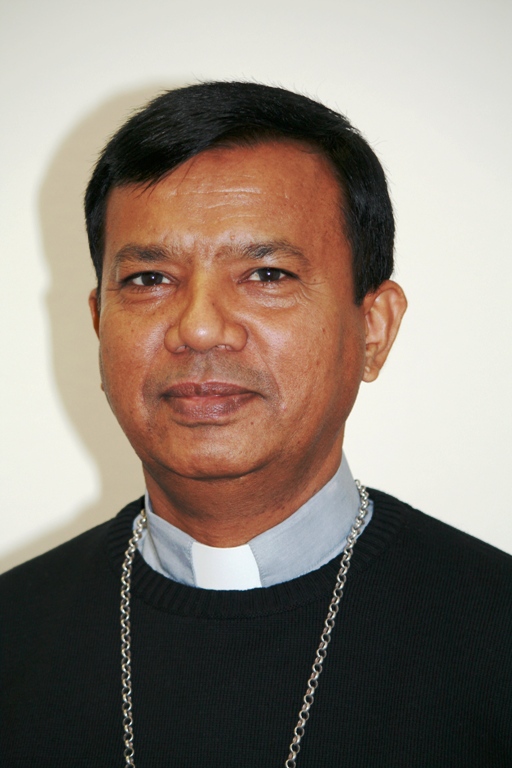|
Lahore prelate comforts victims of Pakistan terror attack
Tuesday, March 29, 2016
"We have to learn to rise up again, just as Christ was able to raise himself again, despite carrying the Cross."
By Marta Petrosillo
NEW YORK—"I visited
every bedside and every victim, of whatever faith. It was truly difficult,
because I saw so many children, only four or five years old, both Christians
and Muslims, who had been wounded or killed by this terrible attack."
Thus spoke Archbishop Sebastian Francis
Shah of Lahore, Pakistan, in an exclusive interview with international Catholic
charity Aid to the Church in Need, following the March 27, 2016—Easter Sunday—terror
attack in Lahore, capital of Punjab Province. The carnage left more than 300
people injured, killing 72, including some 30 children.
Archbishop Shah confirmed the fact that for the Christian community in
Pakistan, on special feast days such as Christmas and Easter it is customary
for people, after Holy Mass and after eating together as a family, to go out
for a stroll in the park to continue the festivities.

"After the attacks last year on two
Christian churches in the Youhanabad quarter, we were fearful that there
might be another attack, and for this reason the government had provided all
the necessary security measures to protect the churches—but no one had thought
about the park,” he added.
Archbishop Shah believes it is likely
that the Christian community was the target of the attacks, but at the same
time he underlined that there were also many Muslims among those killed and
wounded. The archbishop also expressed his condolences and sympathies to the
city’s Muslim community.
"To my own faithful I said that they
must not give up hope because, even though we were going through a period of
grave difficulties, we have to learn to rise up again, just as Christ was able
to raise himself again, despite carrying the Cross. And so we too, while
carrying our own cross, have to be able to get up again and move forward.
Because God is and will always be with us,” the prelate said.
Peter Jacob, the former director of the Pakistan Justice and Peace Commission,
confirmed that the terrorists had sought to cause the highest possible number
of victims and in particular to strike at the Christian community. At the same
time he emphasized the increased effort on the part of the Pakistani army and
government to confront terrorism.
What’s more, he didn't exclude the
possibility that the choice of the Gulshan-i-Iqbal Park, which is not far from
the family home of Prime Minister Nawaz Sharif, might have been a message
addressed to the premier. "This is his city, and his brother Shahbaz
Sharif also lives here,” Jacob noted; "hence we can't exclude the
possibility that the attackers wanted in some way to send a warning to the
authorities."
The attack may also have been linked to
the serious tensions that followed the recent execution of Mumtaz Qadri, who in
2011 murdered the governor of Punjab, Salmaan Taseer, who had become a targed
for extremists because of his criticism of Pakistan’s anti-blasphemy laws. Qadri was viewed by many
of his supporters as a hero for killing Taseer, and for this reason his
execution had been deferred for a long time. His execution sparked numerous
protests throughout the country. "We cannot exclude a certain ideological
link between the demonstrations and the killers in this case,” Jacob said.
Archbishop Shaw; ACN photo
|